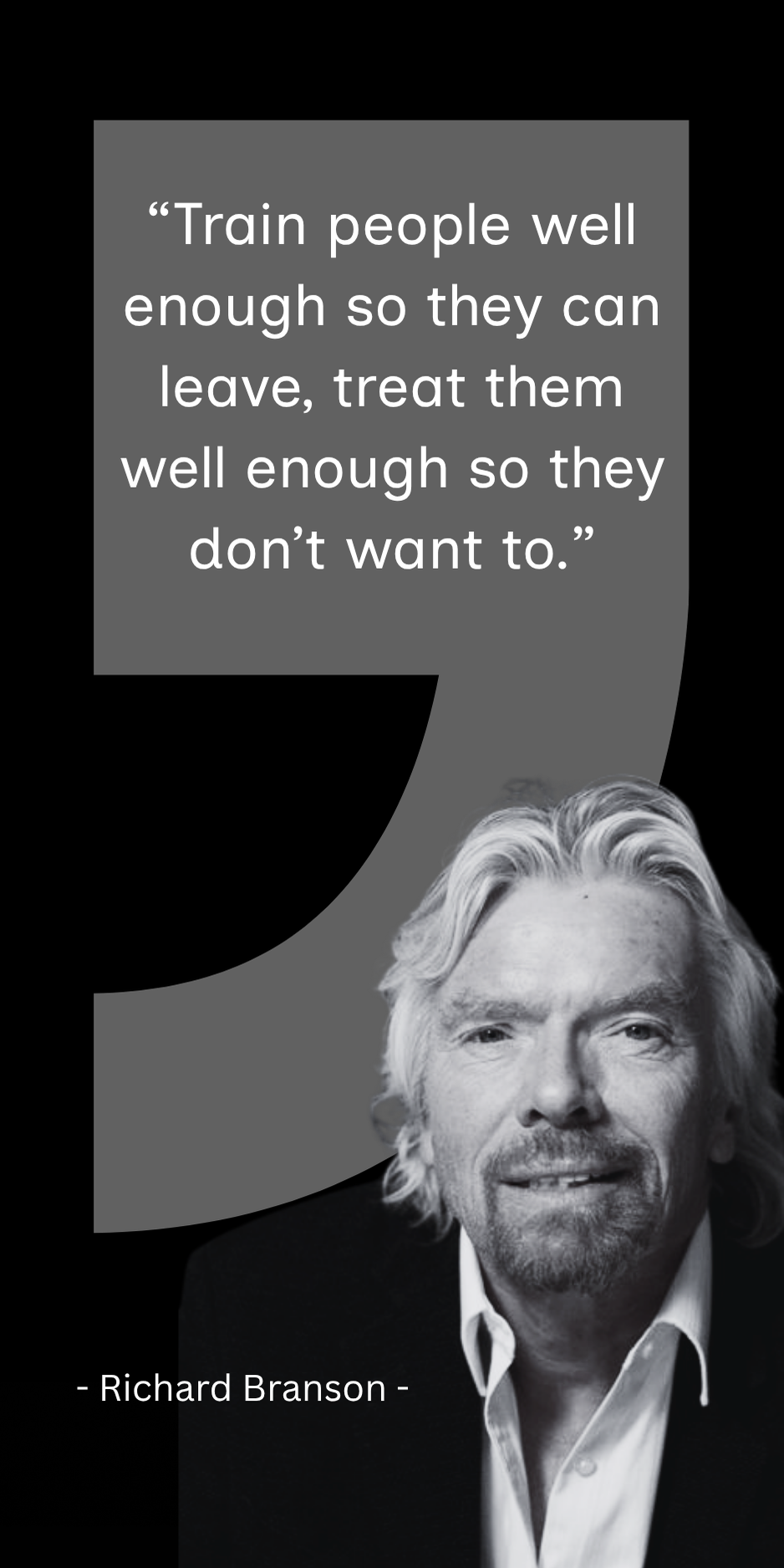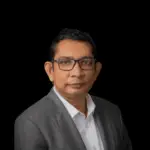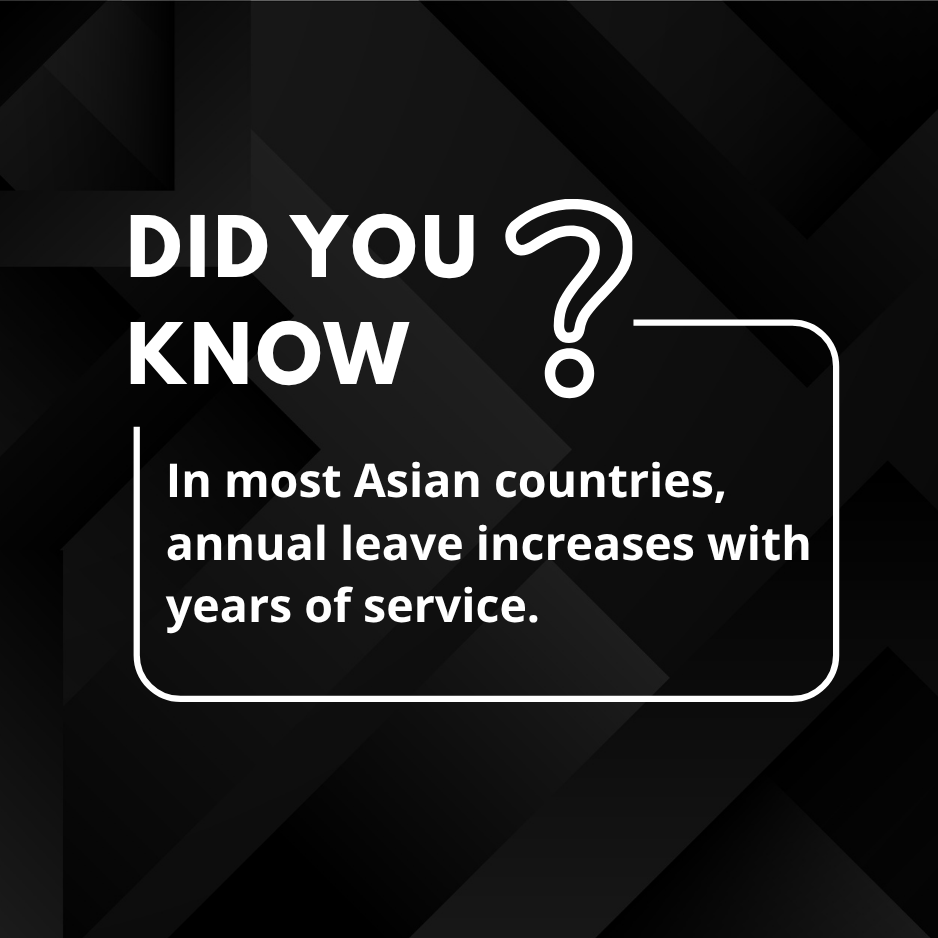Now Reading: Redefining HR with Inclusion at the Core
-
01
Redefining HR with Inclusion at the Core
Redefining HR with Inclusion at the Core

With nearly two decades of experience in human resources, Bulbul Ahmmed has built a career defined by purpose, compassion, and impact. A Bangladeshi national and strategic HR business partner, he specializes in talent management, learning and development, HR data analytics, and employee wellbeing. His journey across multiple countries and sectors has shaped a leadership philosophy rooted in empathy, inclusion, and continuous learning.
For Bulbul, HR is far more than a profession. It is a platform for enabling people to grow, thrive, and contribute meaningfully to their organizations and communities. “What drew me to HR was the realization that even behind the scenes, our work can transform lives,” he reflects. “Every person you recruit, develop, or support goes on to create ripple effects of impact.”
Finding Purpose in People
Bulbul’s entry into human resources was not planned. Early in his career, while coordinating emergency operations during a humanitarian response, he found himself drawn to people management. Supporting staff deployments, onboarding new recruits, and building functional teams during crisis operations opened his eyes to the power of HR.
He recalls how seeing people he helped recruit immediately contribute to field operations gave him a deep sense of purpose. That experience became the turning point that set him on his HR journey. “It wasn’t just about filling positions,” he says. “It was about enabling others to serve with dignity and purpose.”
Since then, Bulbul has dedicated his career to creating environments where people feel valued and empowered, believing that strong human connections are the foundation of organizational success.
Adapting HR Across Cultures
Having worked in both national and international contexts, Bulbul has developed a nuanced understanding of how HR must evolve to fit different cultures and environments. His approach begins with listening and empathy.
“Every country, every team, and every culture has its own rhythm,” he explains. “I always start by engaging with people to understand their needs, values, and working styles.” Whether managing HR operations in Africa, Asia, or Europe, he has consistently focused on tailoring policies and practices to local realities while staying aligned with global principles.
This sensitivity to context allows him to design solutions that resonate with people while achieving organizational objectives. He believes inclusive communication is essential to building trust. “Cultural awareness and respect must sit at the heart of every HR strategy,” he notes. “When people feel heard and respected, engagement and performance naturally follow.”
Leading with Inclusion: The Power of “Hiring Beyond Labels”
Among the many initiatives Bulbul has led, one of his proudest achievements was a project he calls “Hiring Beyond Labels.” The initiative aimed to strengthen diversity and inclusion by creating equal employment opportunities for individuals from underrepresented groups, including those with physical disabilities, albinism, dwarfism, and other forms of visible diversity.
The results were transformative. Not only did the project diversify the workforce, but it also reshaped the organizational mindset. Hiring teams began to question unconscious biases, discuss inclusion more openly, and adopt fairer, more holistic evaluation criteria. “The experience reminded me that talent management is not just about bringing people in,” he explains. “It is about creating systems where everyone can succeed and contribute authentically.”
For Bulbul, inclusive hiring is not a social obligation but a business advantage. Diverse teams, he believes, foster innovation, creativity, and resilience — qualities that define the organizations of the future.
Building a Learning Culture in Challenging Environments
Learning and development have always been at the center of Bulbul’s HR philosophy. He believes that even in fast-paced, high-pressure environments, continuous learning must remain a priority.
“People perform better when they are supported to learn,” he says. “Learning is not a luxury — it’s a necessity, especially in dynamic environments.” His approach to building a learning culture combines practicality with purpose. He begins by assessing real-time needs through surveys, interviews, and HR data. He then designs context-specific learning programs such as short workshops, peer learning sessions, and mentoring circles.
During crisis operations, he has facilitated rapid induction sessions for new staff and developed simple, accessible guides to help teams adapt quickly. His emphasis on learning by doing has helped transform HR from a support function into a true enabler of performance. “When learning becomes part of daily routines,” he notes, “teams become more adaptable, confident, and collaborative.”
“Empathy and efficiency are not opposites. When people feel valued and supported, they perform better, and the organization grows stronger.”
Balancing Efficiency with Empathy
In high-pressure environments, HR often walks a fine line between operational efficiency and human compassion. For Bulbul, the two are inseparable. “Efficiency and empathy must go hand in hand,” he believes. “People are the center of every operation, and when their well-being is protected, performance naturally follows.”
He ensures that HR processes — from recruitment to deployment — are designed for both speed and fairness. During emergencies, he has implemented employee support programs, organized wellness check-ins, and collaborated with counselors to address mental health needs. He also advocates for practical policies such as rest periods, reasonable workloads, and recognition initiatives.
His guiding principle is simple: operational success depends on people who feel cared for. “When people are seen and supported, they show up with their best selves,” he says. “That’s what makes teams truly resilient.”
Empowering Through Mentorship
Beyond systems and structures, Bulbul’s influence extends to mentorship — a role he takes seriously and personally. He sees mentoring as a way to invest in the future of HR by nurturing emerging leaders.
“What motivates me most is helping others grow,” he reflects. “When a colleague gains confidence, applies a new skill, or leads an initiative independently, it creates a multiplier effect.” He considers mentorship not an additional responsibility but an integral part of leadership.
For him, guiding young HR professionals is about more than technical skills. It is about building emotional intelligence, resilience, and ethical leadership. “The next generation of HR professionals must be both strategic and human,” he adds. “They will define how organizations care for their people in the decades to come.”
The Future of HR: Data-Driven and Human-Centered
Looking ahead, Bulbul sees HR evolving into a strategic function that balances analytics with empathy. He envisions a future where HR leaders use data to predict needs, design inclusive systems, and personalize employee support.
He believes the next era of HR will focus on three key dimensions: inclusion, agility, and innovation. Inclusion will go beyond representation to creating equitable opportunities for all. Agility will involve building flexible workforce models that can adapt quickly to crises. And innovation will mean embracing technology — from AI to predictive analytics — to make smarter, faster, and fairer decisions.
Yet, even as technology transforms HR, he remains clear that the human element must always take precedence. “No system can replace the power of empathy,” he notes. “Technology can support decisions, but it’s people who create trust and belonging.”
Conclusion: Leading with Heart and Purpose
Bulbul Ahmmed’s journey is a testament to how purpose-driven HR leadership can influence not only organizations but also the people within them. Through his focus on inclusion, learning, and well-being, he has helped build environments where people feel valued, respected, and inspired to contribute their best.
For him, the essence of HR lies in balance — between data and empathy, strategy and service, efficiency and care. His story serves as a reminder that great HR leaders do not just manage systems; they shape cultures that bring out the best in people.











